‘Net Neutrality’ Is a Problem, Not a Solution
Net neutrality activists are suddenly waking up and realizing that their dream would, in reality, be a nightmare.

Net neutrality activists are suddenly waking up and realizing that their dream would, in reality, be a nightmare.

Hillary Clinton says she supports the Obama administration’s attempts to impose net neutrality.

Tuesday at the Senate Republicans leadership press conference, Sen. John Thune (R-SD) warned February 26 could go down in history as the day the FCC took “carte blanche authority,” and imposed massive government regulations over the internet with a partisan vote
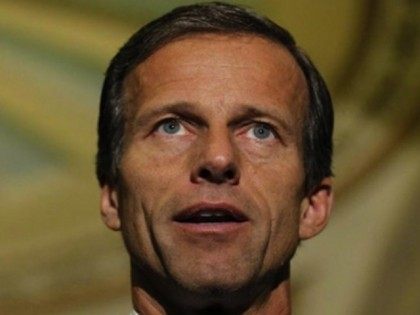
ObamaCare for the Internet, also known as “Net Neutrality,” is getting shoved down our throats the same way ObamaCare was. The plan remains secret from the public, while those promoting it talk about a more “free and open Internet” without bothering to explain how further government regulation would lead to that outcome.

An independent government regulator? The Obama administration isn’t clear on that concept, and the FCC is just the latest example of the administration’s overreach.
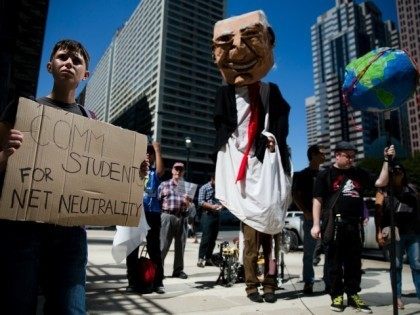
When asked what he felt was the worst aspect of the secret FCC plan Pai said, “Most perniciously, when you think about it, the FCC for the first time is going to start second guessing even what kind of service plan you have. And it explicitly mentions for example ‘T-Mobile Music Freedom,’ which allows you to steam music to your mobile device without counting against your data cap. The FCC explicitly tees that up as a practice it might end up outlawing.”
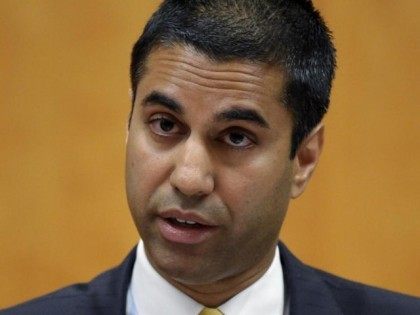
Republican FCC Commissioner Ajit Pai declared that President Obama’s plan to regulate the Internet, coupled with potential FEC regulations would be “pretty dangerous” on Monday’s “Sean Hannity Show.” When asked how a website like the Drudge Report would be impacted,
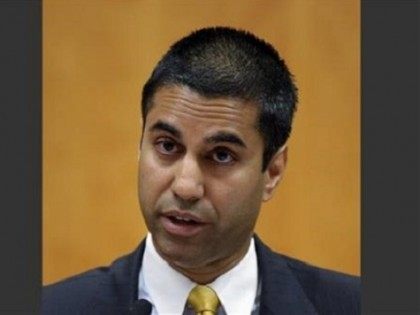
Sen. Ted Cruz (R-TX) has taken his strong opposition to Barack Obama’s push for new net neutrality rules to another media level.
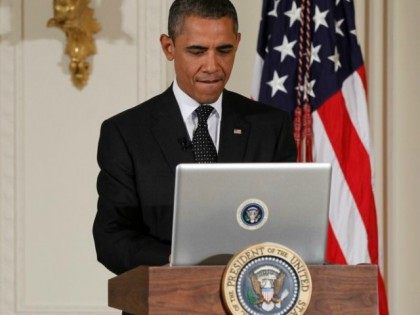
Friday on Newsmax TV’s “The Steve Malzberg Show,” FCC commissioner Ajit Pai said President Barack Obama is about to succeed in his attempt to take “alarmingly unprecedented direct involvement” into the FCC’s plan to regulate the internet, which he explained
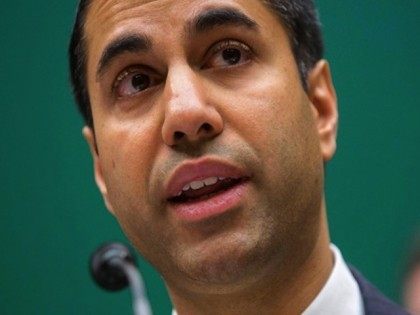
Senator Ted Cruz (R-TX) urged members of the public not to believe promises of “if you like your Internet, you can keep your Internet” in a speech on Thursday. Cruz declared “don’t mess with the Internet.” And asked “which has
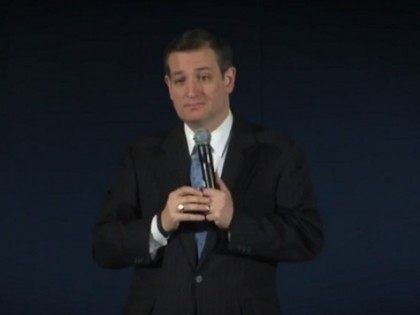
Ajit Pai, one of two Republican Commissioners on the Federal Communications Commission (FCC), inferred in a tweet that President Barack Obama’s secret, 332-page “Net Neutrality” document is a scheme for federal micro-managing of the Internet to extract billions in new taxes from consumers and again enforce progressives’ idea of honest, equitable, and balanced content fairness.

Declaring that the Internet must not be taken over by big business interests, a top U.S. regulator on Wednesday proposed dramatically expanding the government’s power to oversee Internet service providers and establishing new rules that would prohibit companies from blocking or slowing data.

The White House dropped a bombshell on Thursday by announcing that FCC already has the authority to take over regulating and taxing the Internet without Congressional approval.

The move for the government to control the Internet took an insidious new turn, as FCC Chairman Tom Wheeler implied he would push harsher regulations that would categorize Internet service providers as public utilities.
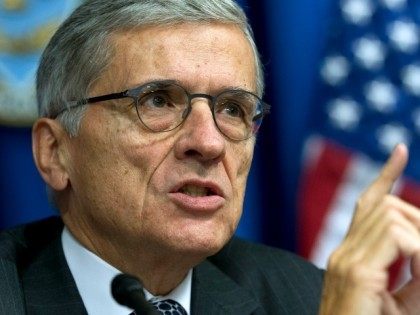
Here in California, we regularly use the ballot initiative process to govern ourselves. Often, when a well-funded special interest is trying to ram through a change to the state’s laws, the opposition screams that the measure is a “solution without a problem.” The FCC’s potential actions in regards to Title II and the Internet fall in the same category. No one is crying out to be freed from the shackles of anything, anywhere, anytime broadband service.

The debate on Internet regulation will be heating up soon, with word coming that a potentially more regulatory-aggressive FCC intends to vote on the matter as soon as February.
